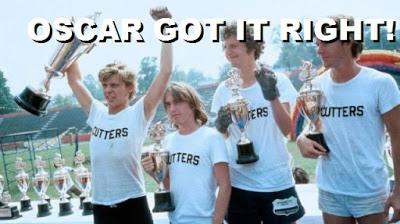The Best Years of Our Lives (winner)
Henry V
It’s a Wonderful Life
The Razor’s Edge
The Yearling
What’s Missing
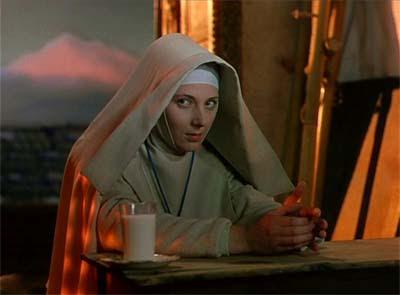
With World War II over, Hollywood seemed to blossom again, as did the film industries of other countries. Suddenly, there were tons of great films. Ironically, this was just a few years after the Academy decided to drop to five nominations, and 1946 was a year that could have easily handled double that number. Consider that films like Paisan and La Belle et la Bete were ignored here. The resurgence in British film included such notables as Brief Encounter, A Matter of Life and Death, and the gorgeous Black Narcissus. It was a great year for noir as well, giving us The Killers, The Big Sleep and the noir-ish Gilda as well as the brutal The Postman Always Rings Twice. This is also notably the year that Children of Paradise received nominations, and it deserved some consideration as well. On the odder front, The Strange Love of Martha Ivers, Bedlam, and The Spiral Staircase are also from 1946.
Weeding through the Nominees
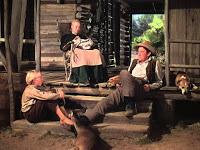
5. With everything that didn’t get nominated from this year, The Yearling is the nomination I question the most, at least from the vantage point of 70 years in the future. Perhaps in 1946 the nomination made more sense, but there’s not a single movie listed above I wouldn’t rather watch ahead of this one. Its problem is its predictability, and again, that may have been less of a problem in 1946. These days, you can see every major event coming a quarter hour or more before it happens. That’s a problem when we’re looking to crown the best movie of the year.
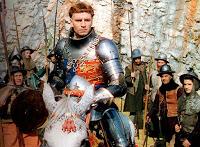
4. Olivier’s Henry V is a film I respect, but it also suffers from the 70 year hindsight. The single biggest problem with it is that the Kenneth Branagh version is superior in every significant way, and given the choice, I’d watch Branagh’s version every single time. However, even in the context of 1946, there’s a problem. Olivier never wants to lose touch with the fact that this is a stage play, and so it’s very obviously staged, clearly uses sets with painted backdrops, etc. That lessens the story for me. What could and should be grand ends up feeling small and less important than it should.
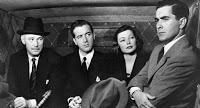
3. The single biggest problem with The Razor’s Edge is the opening hour. It’s stuffy, thick, and laden with dense philosophy. Once you’re through that, the last 90 minutes are whip-cracking good. It’s not unlike a dinner in which you must suffer through a dense and chewy appetizer before getting to an excellent entrée and dessert. If the opening could somehow be condensed into something that didn’t feel like such a slog, this would move up in my estimation. Instead, we’ve got the slog, and I can’t move this any higher than third.
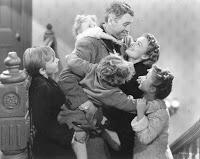
2. It’s a Wonderful Life is clearly the sentimental favorite, and as we inch closer and closer to Christmas this year, it’s hard to not put it in the top position. It is a very nice film that hits all of the right notes. While heavy enough to deal with potential suicide, it’s got plenty of humor. Much like Clarence says at one point, we like George Bailey and want to see him succeed by the end of the film. It’s a holiday classic for a reason and manages to avoid slipping too far into melodrama, which would have spoiled it. I rather like the nomination. It’s just not my pick.
My Choice
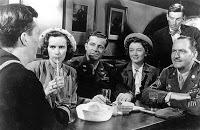
1. The Best Years of Our Lives is not my favorite movie from 1946. It might not be in the top-5 for me. It is, though, probably the most important movie of 1946 in a lot of ways. After World War II, people needed a film like this. The country needed to heal, and The Best Years of Our Lives went a long way toward making that happen. I contend it’s a bit (just a bit) long and the ending is Hollywood mush, but it does a lot of things really well and uses the cast brilliantly. With different movies in the list—specifically A Matter of Life and Death and Black Narcissus--we’d have a closer race, but I not only understand why this won, I think Oscar’s reasons were sound.
Final Analysis
